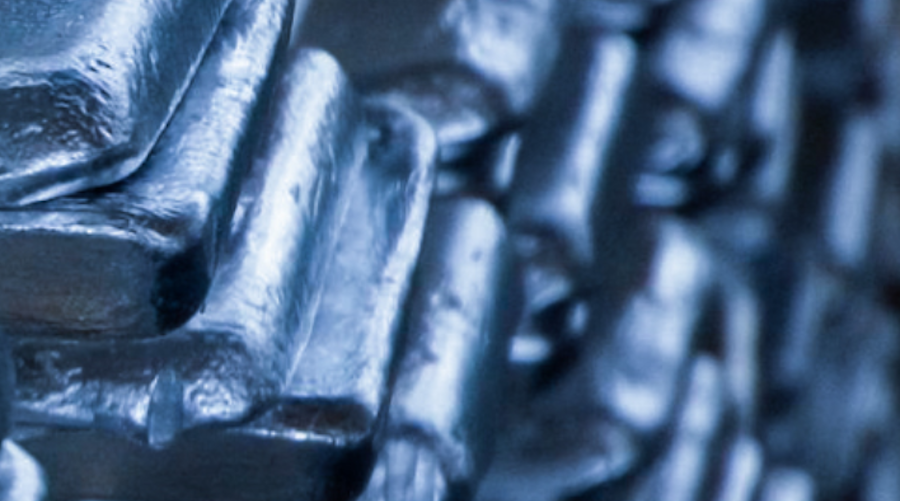
Commodity trader Trafigura Group is in talks to buy aluminum from United Co. Rusal International PJSC, highlighting its willingness to strike new deals with Russian companies even as its biggest rival balks.
Trafigura and Rusal are discussing a term contract for about 150,000 tons of aluminum on a delivered-China basis, according to people familiar with the matter, who asked not to be identified as the matter isn’t public.
Trafigura’s arch rival Glencore Plc has long been the leading buyer of Rusal’s metal and continues to handle large volumes under a multiyear contract. The relationship with Rusal has for years underpinned Glencore’s status as the dominant global aluminum trader. However, the company last year said it won’t enter into any new trading business for Russian commodities following the invasion of Ukraine, unless directed to do so by government authorities.
Trafigura has not made any such vow, saying only that it will comply with sanctions. It has said it “unconditionally condemns the war,” ended long-term oil contracts with Rosneft PJSC and sold its stake in a major Russian oil project.
Rusal didn’t immediately reply to a request for comment. Trafigura declined to comment.
Trafigura and Glencore are longstanding rivals with a shared heritage — Glencore was founded by legendary trader Marc Rich, while Trafigura was created in the early 1990s by former Marc Rich executives. The two vie for position as the world’s biggest commodity merchant at a time when the business of buying, selling and shipping natural resources around the globe has never been more profitable, thanks to disruptions caused by Russia’s invasion of Ukraine.
There are no blanket sanctions barring traders from handling Russian aluminum. Nonetheless, some have stepped back from doing so in the past year either on ethical grounds or because organizing logistics and financing has become much harder as many banks and shipping companies refuse to do Russia-related business.
Some buyers of aluminum, which is used across the construction, packaging and transportation industries, have also sought to avoid supplies from Russia, particularly in Europe.
Rusal has been forced to redirect its sales as a result: much as China and India have stepped up purchases of Russian oil as European buyers stepped back, China has emerged as a key partner for Russia in aluminum. China has been supplying Rusal with key raw material alumina after sanctions hampered its imports from other sources, and buying its products even though China is a major aluminum producer in its own right.
Last week’s move by the US to impose a 200% tariff on imports of Russian aluminum may put further pressure on western purchases.
While Glencore has said it won’t do new Russian business, it continues to buy a large share of Rusal’s production under the pre-existing multiyear contract that is likely to run until late 2024. It also still owns a 10.6% stake in Rusal’s parent company EN+ Group International PJSC, and has said there is “no realistic way to exit” in the current environment.
“Russian metal is not sanctioned,” Gary Nagle, Glencore’s chief executive officer, told investors earlier this month. “We have an existing contract, that’s a contract that existed before the war and we said we would keep doing — we have to, legally. Russian metal is being used around the world.”
(By Jack Farchy and Alfred Cang)
Comments